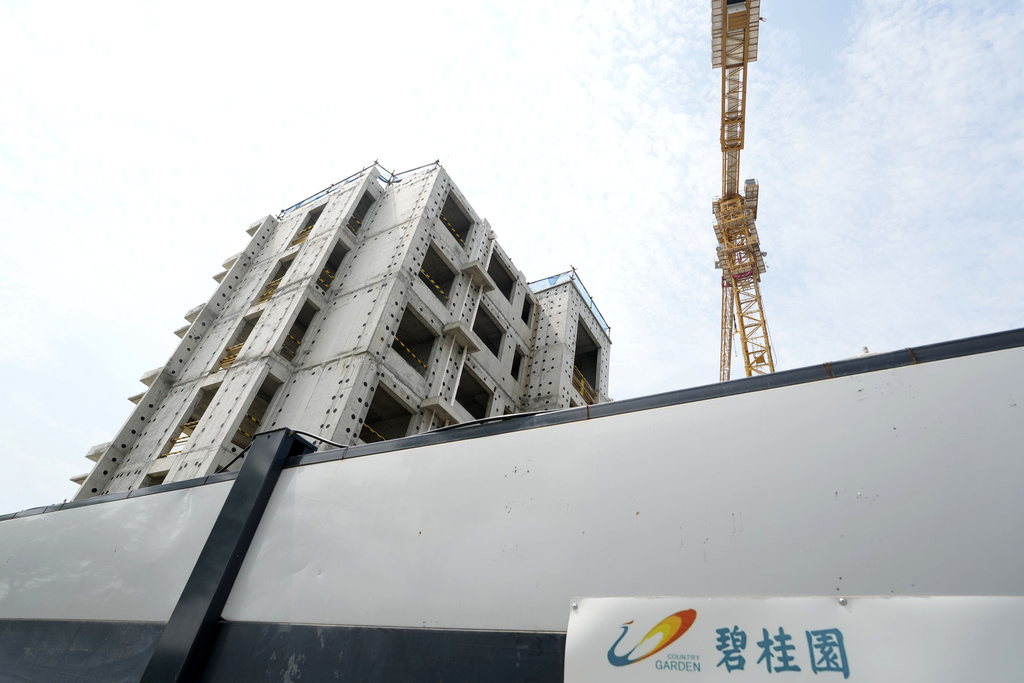Kate Lin: Welcome to Morningstar. We have been hearing about the China property sector distressed bonds for some time now. What makes a bond distressed? And what happens when a bond completely fails, which is known as a default? Most importantly, do your fund managers own them?
We're asking our Senior Manager Research Analyst, Arvind Subramanian, these questions. Hi, Arvind. First, how do bonds go into distress and why is this happening in China property?
Arvind Subramanian: Hi Kate. Bonds tend to be classified as distressed bonds if they're either in default or at high risk of going into default. Now very often such bonds are also characterized by low credit rating, depressed bond prices, and also very often liquidity, which is very shallow. Specifically on the China property side, most, several of these bonds have moved to the distressed category owing to macroeconomic headwinds issuers’ specific credit events and also declining property sales, which meant that many issuers have fallen into this category. Interestingly. Country Garden which has been discussed a lot of late was investment grade as recently as early 2022. And, today as we all know it's in the distressed category. Having said this, most asset managers that we spoke to do remain very off the Chinese property sector in this distressed space.
Lin: So in the current environment are any Asian bond fund managers using this as an opportunity to buy the dip as it were and what are managers doing right now?
Subramanian: Indeed, the two ways that asset managers would end up holding distressed bonds in one way, an anticipated deterioration in the credit profile or the financials of a company could mean that an asset manager is left holding a bond which is now deteriorated into the distressed space. Having said that, you're right. Several asset managers have sensed an opportunity in the distressed debt space and have even now increased their team resources by adding personnel who have a specialization in the distressed debt space. And here they're hoping to buy bonds where they believe that the intrinsic value is much higher than the price that these bonds are trading at and hoping to capture the gains from this space.
Lin: In a portfolio, what are the outcomes when a bond defaults?
Subramanian: Sure. It's important to remember that very often the bond prices tend to fall well in anticipation of the default itself. And here again, if you were to cite the Country Garden example, due to missed coupon payments, deteriorating financials and credit rating downgrades, the bond prices of Country Garden have already fallen significantly even prior to its upcoming payment due date. As a result, funds which have held these bonds have already had a significant impact just by holding them prior to default itself. So that is important to keep in mind.
Another outcome for defaulted bonds is that the liquidity in this space tends to be far lower than the traditional bond which is not defaulted, right?
Lin: So tell us about bond managers who actively choose to invest in distressed bonds. And should bond fund investors be concerned about it?
Subramanian: Sure. So looking at the prospectus for several Asian bond funds or even Asian high yield funds, we notice that most of them have limits up to which they can invest in distressed debt securities and very often we see that this is up to 10% of the net assets. Having said that, distress bonds tend to be very volatile and investors need to keep that in mind.
Now specifically on asset managers investing in this space, they often tend to invest in a distressed security when they believe the intrinsic value is much higher than the price that this bond is trading at in the secondary market. And, as a result, they hope to benefit from the upside at the time of a restructuring or liquidation of the collateral. Having said all of this, given the risk-reward and the volatility, appropriate position sizing in the distressed debt space is very important for bond funds.
Lin: Thank you so much for your insights, Arvind. For Morningstar, I'm Kate Lin.












.png)



.jpg)





